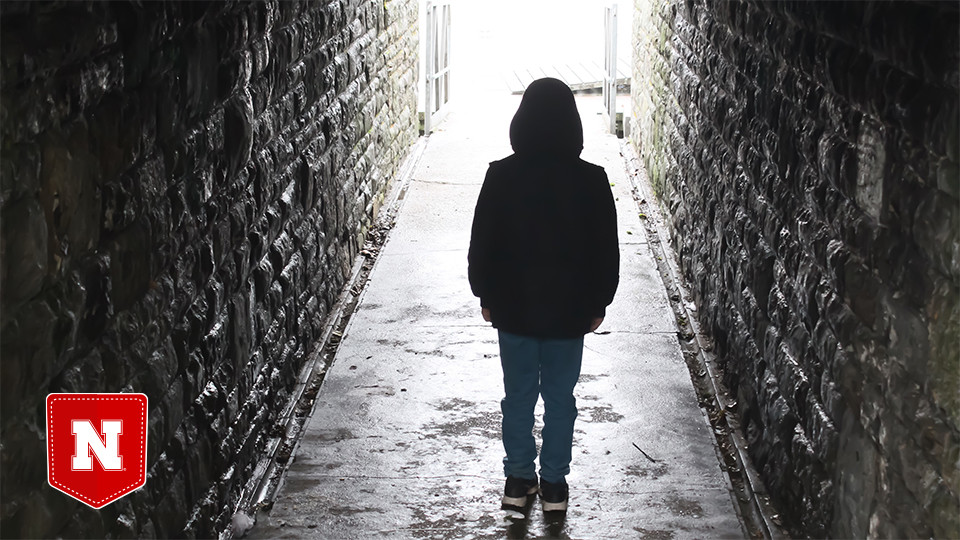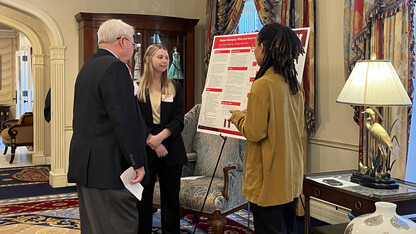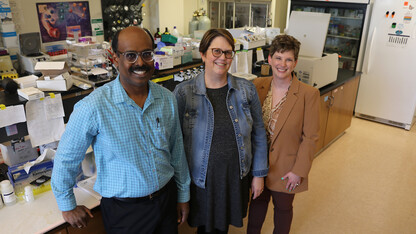· 2 min read
Basic necessities, social factors play role in protecting homeless youth

Welcome to Pocket Science: a glimpse at recent research from Husker scientists and engineers. For those who want to quickly learn the “What,” “So what” and “Now what” of Husker research.
What?
Past research has shown that homeless youth are particularly vulnerable to physical victimization on the street. More than 50% have reported being a victim of street physical violence. Studies have identified a number of additional risk factors for street physical victimization among homeless youth, but are there also factors that prevent this violence?
New research from Husker scholar Kimberly Tyler suggests that yes, there are certain factors that have a protective effect against victimization, and that social and psychological factors often work together to form that protection.
So what?
Tyler, Willa Cather Professor of sociology, and alumnae Colleen Ray and Rachel Schmitz conducted the study with 150 homeless youth between the ages of 16 and 22 in two Midwestern cities.
Through survey questionnaires, the researchers found that youth who had experienced less child physical abuse also reported higher self-esteem and social support. Youth with higher self-efficacy and self-esteem also reported higher social support. However, only having basic needs met, such as shelter, played a protective role against street victimization.
Males, older youth, past victims of child abuse and those who had more difficulty having basic needs met were more likely to experience street violence.
Now what?
Tyler suggests in the article that it is important to take a more holistic approach when studying youth homelessness. Homeless youth are distinct from their adult counterparts and need programs and interventions that not only meet basic needs but also foster these protective elements — higher self-esteem, self-efficacy and social support — in these teens and young adults to help them improve their lives.









